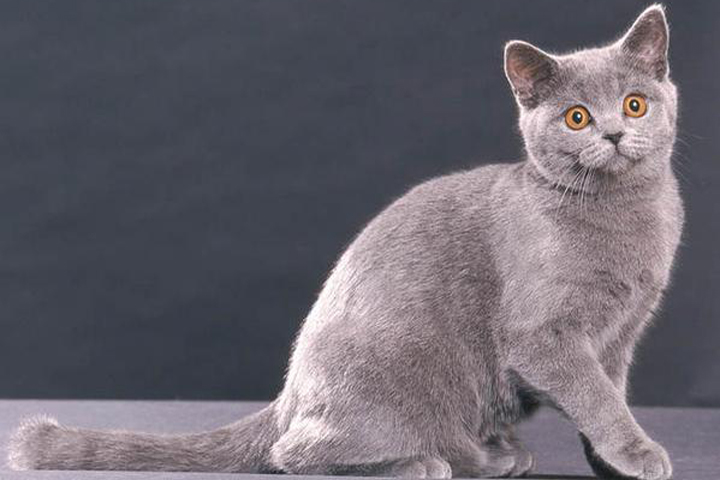Advertisement
New Science On Our Nine-Lived Friends
ResumeWith guest host Jacki Lyden.
There’s a reason your cats act the way they do. Their genome shows, they’re not so different from wild animals. We’ll dive in.

“I and Pangur Ban my cat / Tis a Like task we are at / Hunting Mice is His Delight / Hunting Words I sit all Night.” Notice, the words “hunting” in that medieval Irish poem. Now, genetic sequencing of the feline shows that Pangur Ban is still a lion underneath, in short; still a lot more like felis silvestrus, like dogs are like their progenitors. “When a Mouse Darts From his Den / Oh how glad is Pangur, then!” This hour, On Point: Cat Lore, cat Science, and why your Abyssinian is so — feline.
-- Jacki Lyden
Guests
Michael Montague, researcher at Washington University in Saint Louis' Genome Institute. Lead author on a study analyzing the genome of the domestic cat.
John Bradshaw, founding director of the Anthrozoology Institute at the University of Bristol. Author of "Cat Sense: How the New Feline Science Can Make You A Better Friend To Your Pet."
From The Reading List
Giga Science: Annotated features of domestic cat - felis catus genome -- "Domestic cats enjoy an extensive veterinary medical surveillance which has described nearly 250 genetic diseases analogous to human disorders. Feline infectious agents offer powerful natural models of deadly human diseases, which include feline immunodeficiency virus, feline sarcoma virus and feline leukemia virus. A rich veterinary literature of feline disease pathogenesis and the demonstration of a highly conserved ancestral mammal genome organization make the cat genome annotation a highly informative resource that facilitates multifaceted research endeavors."
io9: Why House Cats Generally Don't Care (About You) — "Generally house cats are quite adept at hunting, sharing many of the same genetic traits that make wild cats such effective predators. The genetic adaptations highlighted in the study indicate that house cats still retain many of the characteristics of wild cats, including acute vision, fast reflexes, and an innate desire for murder. Many of the behaviors house cats engage in are thought to be predator learning behaviors – pouncing, kicking with the hind limbs, and chasing prey (laser pointers) and can be seen in wild cats."
The Guardian: What Is Your Cat Thinking? — "Cats, we learn here, are still, in many significant ways, not fully domesticated. That is, they are closer to their wild forebears than dogs are to theirs; cats do not insert themselves as fully into our lives as dogs do – or as we might wish them to. Which can be part of their appeal, of course. But they are remarkable animals, able to smell, hear and see incomparably better than we can; they are agile beyond belief and inspirers of great poetry, 'Jubilate Agno' by Christopher Smart being the supreme example."
One Lucky Cat
Lissa Warren, author of "The Good Luck Cat: How A Cat Saved A Family and Family Saved A Cat." (@lissa_warren)
The Wall Street Journal: Why Every Book Lover Should Have a Cat -- "Since the dawn of domestication, lovers of the written word have been drawn to cats. Perhaps it’s because reading is a solitary activity but feels less so when a cat’s beside you. Perhaps it’s because cats are delicate—like a finally wrought sentence or a clever turn of phrase. Or because cats remind us of punctuation—compact as an ampersand, with a question mark for a tail. Or maybe it’s just that a cat is a reader’s ultimate excuse for sloth."
Read An Excerpt Of "The Good Luck Cat" By Lissa Warren
https://www.scribd.com/doc/250849407/Excerpt-From-The-Good-Luck-Cat-by-Lissa-Warren
This program aired on December 23, 2014.